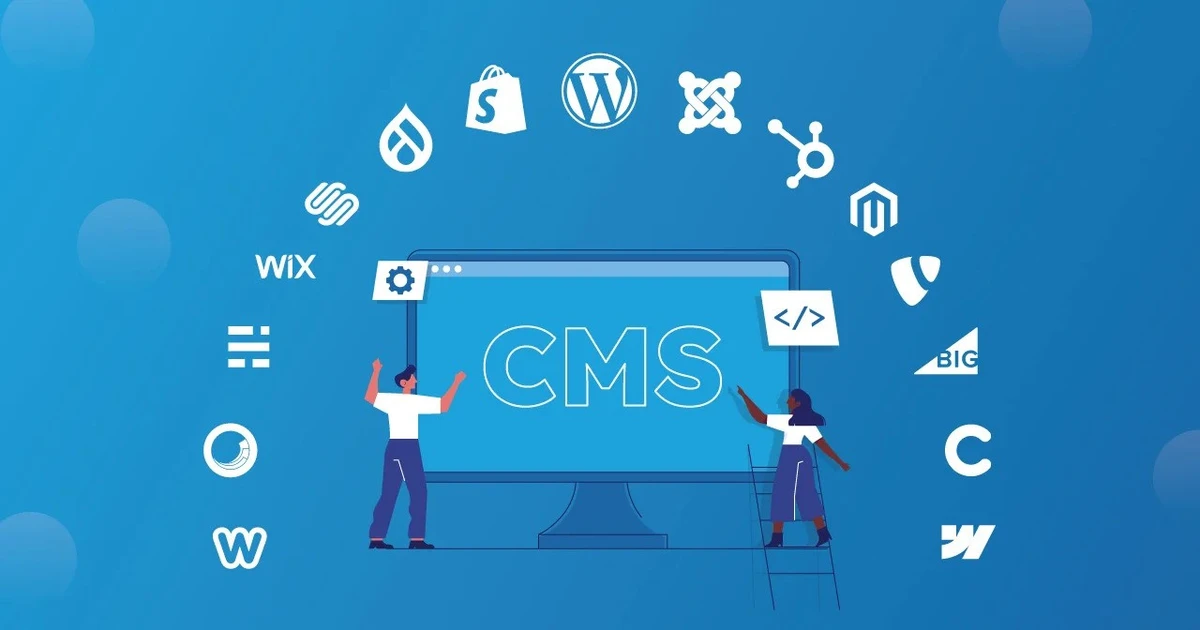In the competitive digital media environment, companies must deliver content quickly, efficiently, and consistently. Managing high volumes of articles, videos, podcasts, and social media posts without a dedicated system can be overwhelming. That’s why investing in a specialized CMS for media companies is critical for streamlined operations and successful content distribution.
A media-focused CMS allows organizations to centralize content management, improve collaboration, and maintain a consistent brand voice. This article discusses the benefits of a media-oriented CMS, essential features to look for, and best practices for implementation.
Why Media Companies Need a Dedicated CMS
Unlike standard website platforms, media organizations require advanced functionality to manage complex content workflows. A dedicated CMS offers:
- Centralized Content Management – Keep articles, videos, images, and other media organized in a single platform.
- Efficient Workflows – Automate editorial approvals, scheduling, and notifications to prevent delays.
- Multi-Channel Publishing – Simultaneously distribute content to websites, mobile apps, newsletters, and social media.
- Analytics and Reporting – Track audience engagement, content performance, and traffic to optimize strategies.
A CMS tailored for media companies allows teams to focus on creating high-quality content instead of spending time on manual or technical tasks.
Key Features to Consider
When choosing a CMS for media companies, consider these critical features:
- User-Friendly Interface
Editors and contributors should be able to create, edit, and publish content easily without technical expertise. - Scalability
The CMS should support growing audiences, increased content volumes, and expanding teams. - Customizable Workflows
Flexible workflows enable automated approvals, task assignments, and scheduling while maintaining editorial standards. - Integration Capabilities
The CMS should integrate with analytics tools, social media platforms, marketing software, and other essential systems. - Security and Compliance
Robust security features protect sensitive content, and compliance tools ensure adherence to privacy regulations.
Benefits of a Media-Focused CMS
A dedicated CMS provides multiple advantages:
- Efficiency – Automation reduces repetitive tasks and speeds up publishing.
- Collaboration – Teams can work together in real-time, even remotely.
- Consistency – Templates and style guides ensure uniform branding across all channels.
- Faster Publishing – Schedule and publish content across multiple platforms instantly.
- Data-Driven Insights – Analytics provide actionable insights to refine editorial strategies and improve audience engagement.
These benefits enable media companies to maintain high-quality output while minimizing errors and operational delays.
Popular CMS Options for Media Companies
Several CMS platforms are specifically designed for media organizations, offering advanced publishing workflows, multi-channel distribution, and analytics integration. Selecting a platform aligned with your workflow, content volume, and growth plans ensures smooth operations and scalability.
Best Practices for CMS Implementation
To maximize the benefits of a CMS:
- Assess Needs – Analyze current workflows, content volume, and growth projections.
- Choose the Right Platform – Compare features, costs, and scalability before committing.
- Train Your Team – Ensure all staff members understand how to use the CMS effectively.
- Plan Content Migration – Carefully transfer existing content to prevent data loss.
- Monitor and Optimize – Use analytics and team feedback to continually refine workflows and content strategies.
Proper planning ensures smooth adoption and long-term value from the CMS.
Final Thoughts
A modern CMS for media companies is essential for managing content efficiently, improving collaboration, and distributing high-quality content across multiple channels. By centralizing content, automating workflows, and providing actionable insights, a media-focused CMS empowers teams to focus on what matters most: producing content that engages audiences.
